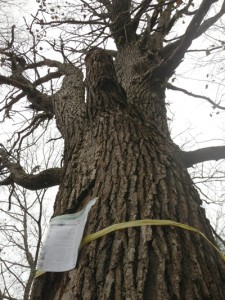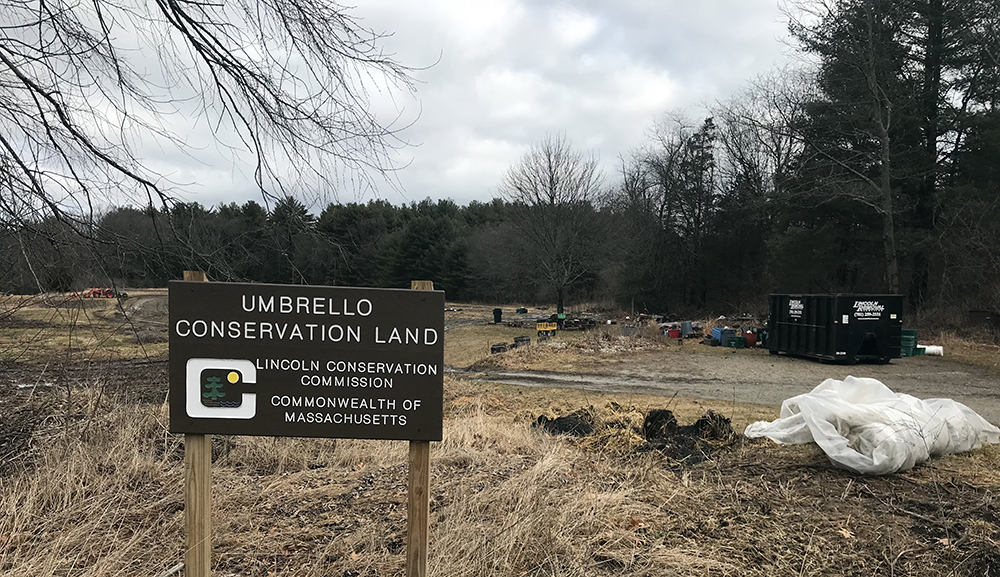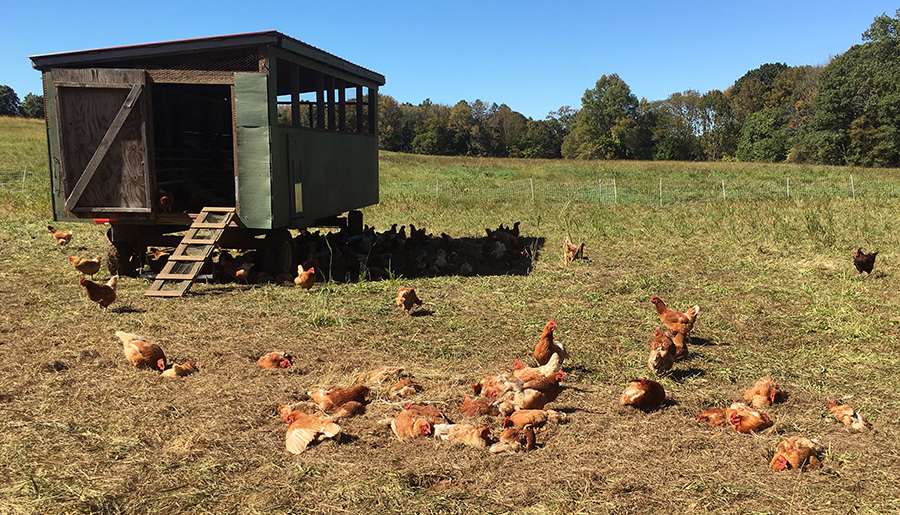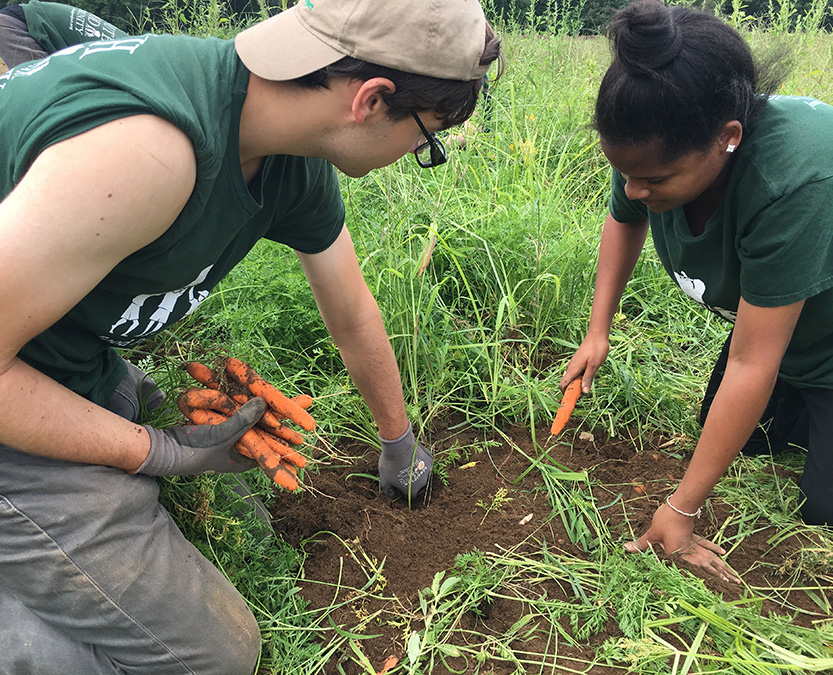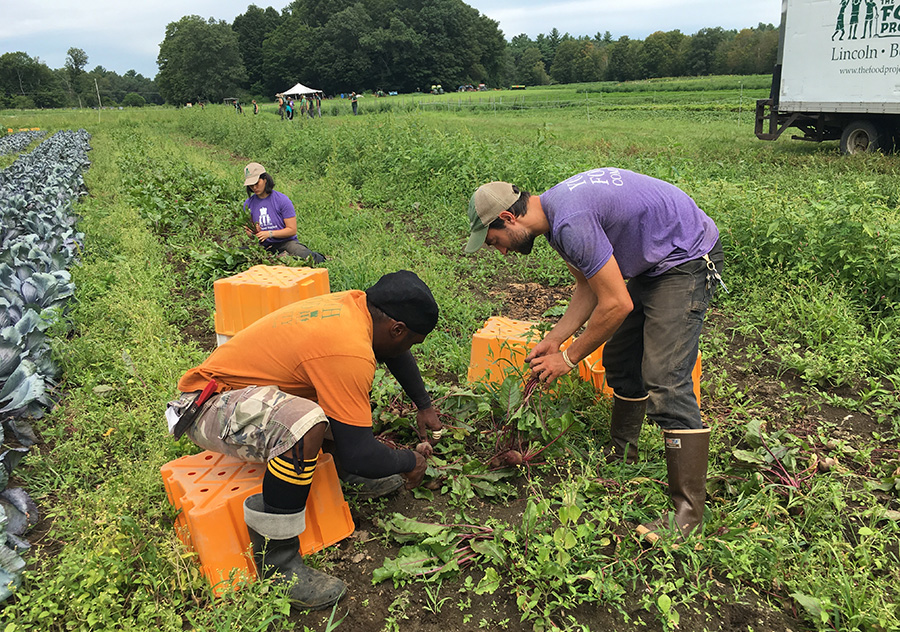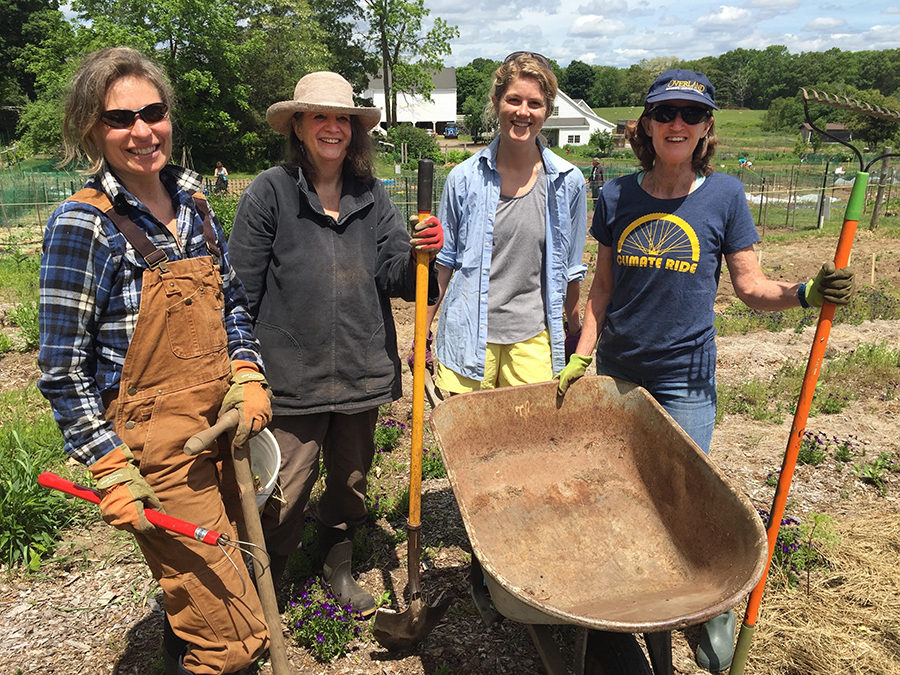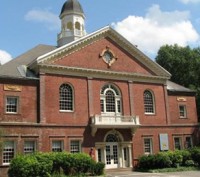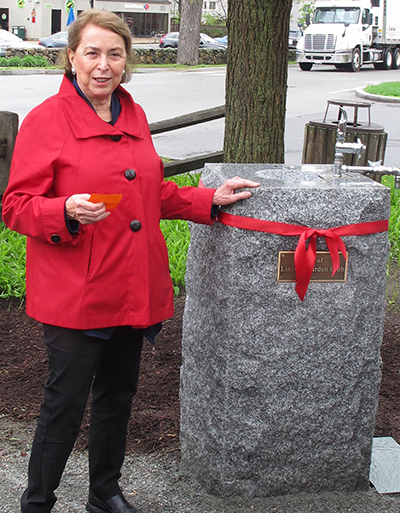A public hearing will be held by the tree warden, deputy tree warden and/or their designees will hold a public hearing on Monday, May 21 at 7 p.m. at the DPW office (30 Lewis St.) to consider the removal of the below trees in the public right of way. The cutting and removal of the following trees has been made at the request of Eversource Energy. The trees have been marked with hearing notices and are being considered for removal because they are dead, in decline, or otherwise pose a safety or operational hazard to the safe and reliable operation of the Eversource Energy electrical system. The trees are marked as to size and type along the following roads:
- Mill Street, 30″ oak, between poles 17/13 to 17/14
- Mill Street, 30″ oak, between poles 17/13 to 17/14
- Mill Street, 30″ oak, 40′ East of pole 17/14
- 130 Lexinton Rd., 26″ hickory
- 126 Lexington Rd., 33″ oak
- 116 Lexington Rd., 18″ oak
- 90 Lexington Rd., 20″ pine
- 84 Lexington Rd., 33″ oak
- Lexington Road, at pole 22/55, 22″ maple
- Lexington Road, between poles 22/63 and 22/64, 35″ oak
- 83 Page Rd., 33″ oak
- Page Road, between poles 13/30 and 13/31, 20″ oak and 33″ oak
- Page Road, between poles 13/31 and 13/32, 20″ oak
- Page Road, at pole 13/35, 16″ oak
- 44 Page Rd., 28″ oak
- 40 Page Rd., 28″ oak
- 83 Page Rd.across from 29, 15″ pine and two 26″ pines
- 29 Page Rd., two 26″ pines
- Page Road, at pole 13/49, 34″ locust
- 49 Lincoln Roa Rd., 33″ maple
- 100 Lincoln Rd., 33″ oak
- Lincoln Road, between poles 24/45 and 24/46, two 20″ oaks
- 233 Lincoln Rd., 33″ oak
- Lincoln Road, across From 237, 20″ oak leader
- 237 Lincoln Rd., 33″ oak
- 244 Lincoln Rd., 36+” oak
- 260 Lincoln R Rd.oad, 28″ oak
The following marked trees, are also being considered for removal by the DPW because they are dead, in decline, are posing a safety operational hazard, or at the request of the abutting property owner. These trees are marked as to size and type along the following roads:
- South Great Road, two 21″ maples, across from pole 7/77
- 80 Tower Rd., 30″ pine
- 80 Tower Rd., 36″ pine
- 80 Tower Rd., 36″ pine
- 80 Tower Rd., 12″ Tree
- 82 Conant Rd., 30″ pine
